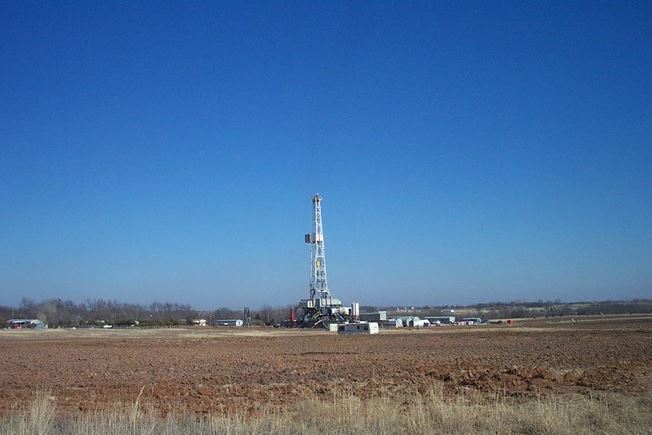
A recent ordinance in Kern County authorizes the drilling of nearly 73,000 oil wells and pipelines covering 2.3 million acres in unincorporated areas of the county. Environmental advocates have opposed the zoning allowance, which effectively permits the drilling of 10 new wells a day over the course of 20 years. Various environmental groups have brought suit against the county, its Board of Supervisors and oil companies partaking in the project.
The plaintiffs in the suit allege that the rezoning proposal violates the California Environmental Quality Act (CEQA), which requires state and local agencies to assess the environmental impacts of its proposed development projects and to take action to mitigate those effects. They maintain that county agencies did not fully analyze the damaging effects that the construction of new oil and gas wells would have on water safety, air quality and public health conditions in the region.
Furthermore, the county characterized drilling in the unincorporated area as a single project. The “single project” designation allows the county to approve the drilling of approximately 3,600 wells per year for twenty years. The revised ordinance incorporates a “ministerial” procedure that allows permits for gas and oil drilling to be fast-tracked and exempts them from further public review.
Kern County is the foremost oil-producing county in California. The leading industries in the county are agriculture and oil and gas production. Kern County is located in the southern part of the San Joaquin Valley, which is already significantly burdened by excessive pollution from drilling, pesticides and auto and farm equipment emissions. According to environmental data, Kern County falls below minimal standards for federal ozone and federal and state particulate matter containment. More than 290,000 people live within a mile of a well in the county. As in other regions of California, environmentalists have emphasized the deleterious conditions that the drilling project would impose on lower income, minority communities.
Contact Shane Coons at 949-333-0900 or visit his website at www.ShaneCoonsLaw.com to find out more about his practice.
